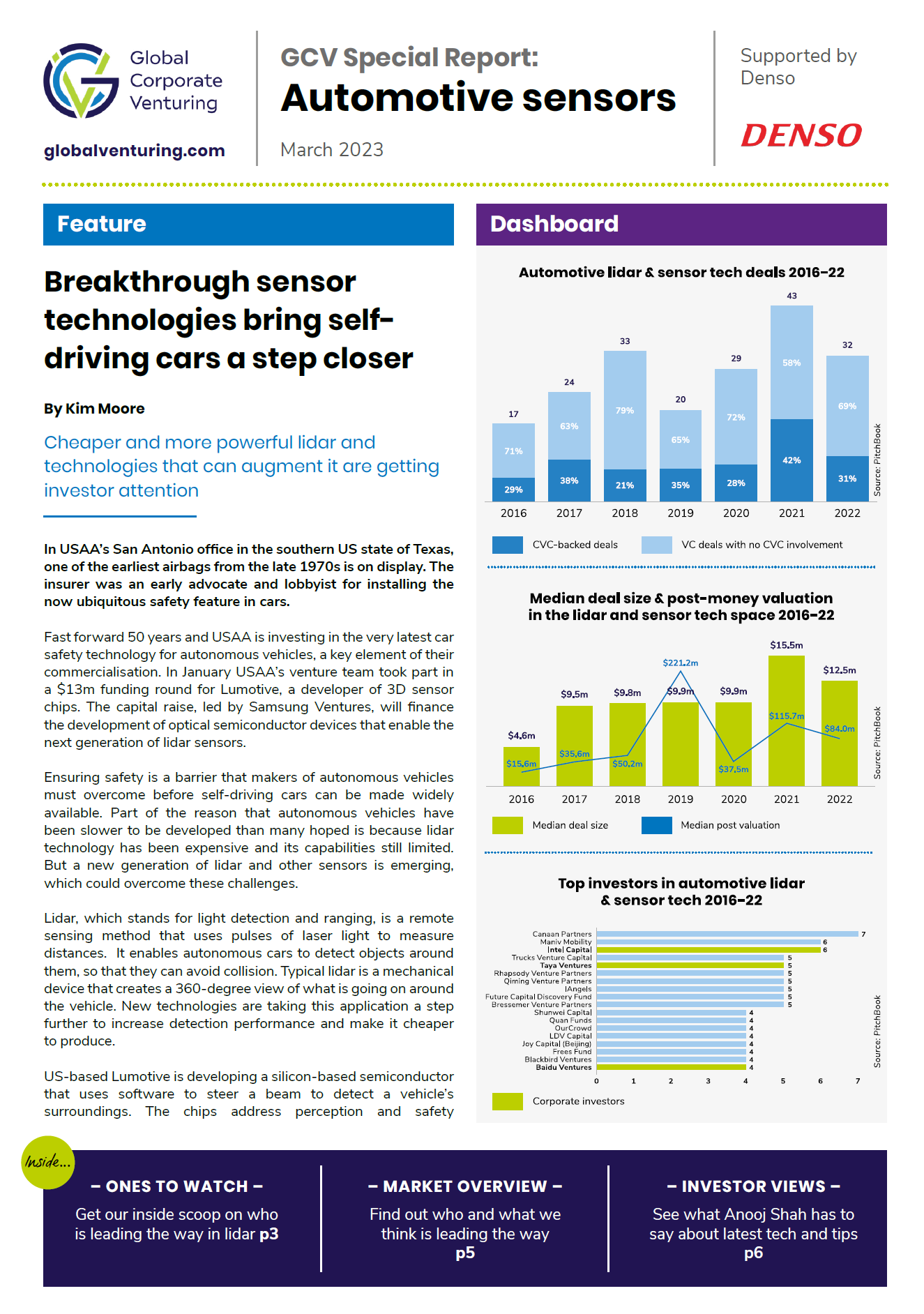Six automotive semiconductor startups that are making their mark in the investment community.

The highly competitive automotive semiconductor market is a tough sector for startups to enter. Here is a list of new companies that have found their own niches. See the full report here:

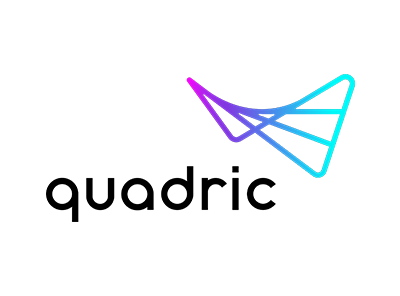
Quadric
- Based: US
- Founded: 2017
- Funding to date: $48.3m
US-based Quadric develops high performance processing chips that do not require high power CPU clusters. The device, dubbed the Chimera General Purpose Neural Processing Unit, can execute diverse workloads and take deployment challenges in a single processor.
The licensable processor IP cores blend neural processing units and digital signal processors together, providing a code-based algorithm with an optimised model performance. This technology can be applied to several fields such as mobile devices, digital home applications and automotive driving innovations.
Daniel Firu, Veerbhan Kheterpal and Nigel Drego cofounded the company in 2017 to speed up product development roadmaps. Kheterpa, who also serves as the startup’s chief executive, worked for four years as a staff engineer for design-for-manufacture products at PDF Solutions, a US software analytics corporation.
Quadric has raised $48.3m in funding, with its latest round in 2022 when the startup announced the completion of its $31m series B funding round. Investors in Quadric vary from venture capital firms such as Pear VC and Uncork Capital to corporations such as Denso and Xerox Ventures, the investment arm of the US-based IT corporation Xerox.
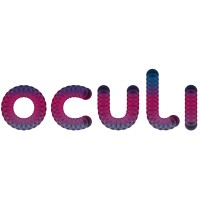
Oculi
- Based: US
- Founded: 2019
- Funding to date: $1m
A Johns Hopkins University spinout, Oculi has developed technology that provides computers with the visual capabilities of the human eye. The technology aims to address the limits of computer vision technology, which is constrained by its heavy reliance on data pipelines and processors.
Oculi’s IntelliPixel technology reduces the amount of data storage, creating a more energy efficient product. The product can be applied to the automotive sector by placing its machinery vision technology into autonomous vehicles, providing easier insights into lane markings, traffic lights and pedestrians.
Founded in 2019 by John Hopkins University professor Charbel Rizk, Oculi hopes to expand its technology into the face-tracking and AR/VR markets. It has the potential to be used in healthcare applications such as touchless check-in screening.
Oculi has received $1m in funding from corporations including the telecommunications provider Mada and CYNC programme, a partnership between the defense corporation Northrop Gruman and Cyber Incubator.

Aviva Links
- Based: US
- Founded: 2020
- Funding to date: $53m
Aviva Links plans to redefine the in-vehicle connectivity landscape through high-performance multi-gigabit links. Its integrated circuit solutions enable the next generation of vehicles to transfer large quantities of data at a faster rate while allowing the vehicles to meet the performance and cost requirements of the autonomic systems markets.
The in-vehicle connectivity developed by Aviva Links will enable OEMs to develop higher optimal solutions and performance, with the chipset having a higher link speed at 63 gigabits per second and a Time Division Duplex PHY architecture that reduces power consumption per gigabit to less than half of other standard solutions.
The US-based startup is a subsidiary of Aviva Technology Holdings and was founded by David Young, Kamal Dalmia, Sachin Goel and Hiok-Tiaq Ng. The cofounders launched the startup in response to a gap in the autonomous driving market around data solutions. Young, in particular, has more than 30 years of experience working with startups and served nearly two years as the senior vice president and chief innovation officer of LG Electronics before becoming the startup’s chief executive and founder.
Aviva Links has raised $53m in funding, with its latest round occurring in 2021, when the company raised $26.5m in a series A round. Angel investors such as Weli Dai and Sehat Sutardja and the venture capital firm TSVC participated.
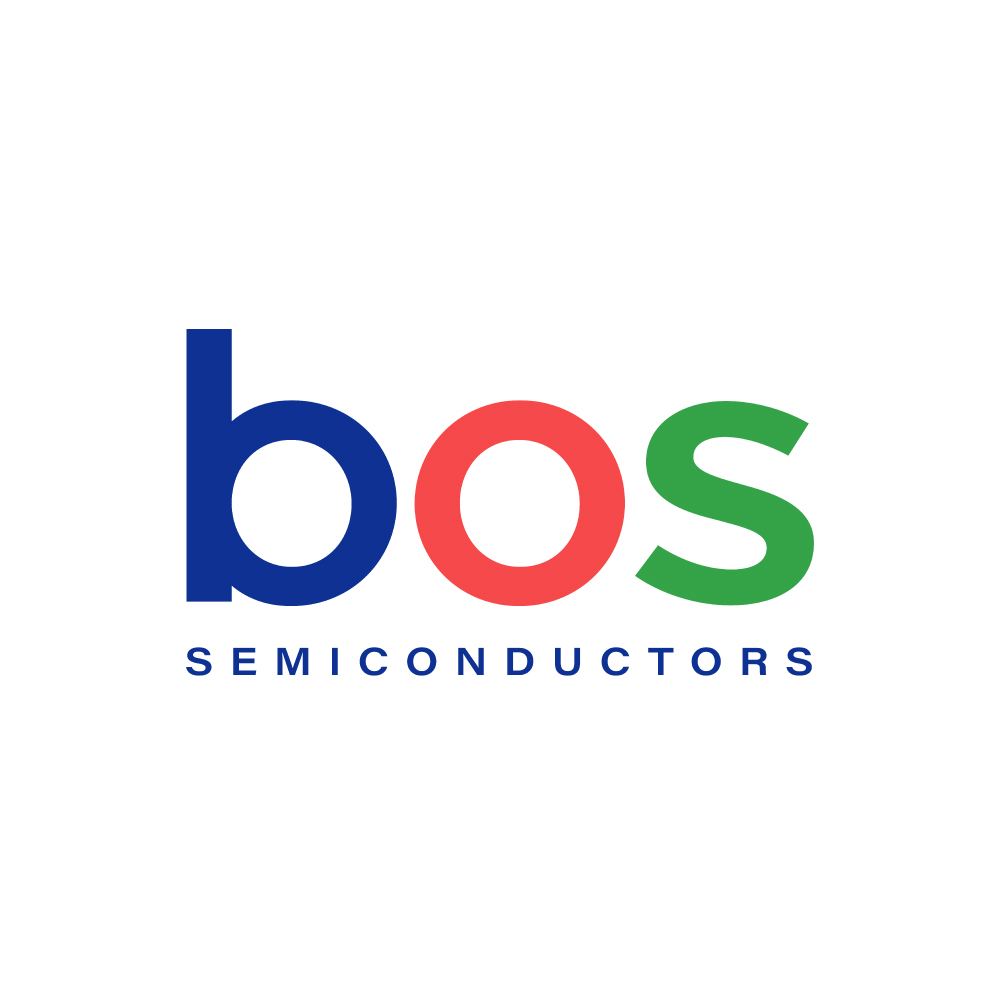
BOS Semiconductors
- Based: South Korea
- Founded: 2022
- Funding to date: N/A
BOS Semiconductors is a South Korean fabless mobility company that specialises in the manufacture of semiconductors for transportation innovation. It develops system-on-chips solutions and high-performance computing for self-driving cars to make autonomous mobility a technology of the future.
Founded in 2022 by Jaehong Park, the startup provides a suite of solutions for autonomous vehicles from the design of semiconductors to related software initiatives. Park also served as BOS Semiconductors chief executive and is an industry veteran in the technology and IT sectors. He worked for 22 years at the South Korea-based conglomerate Samsung Electronics, holding positions such as senior vice president and executive vice president.
BOS Semiconductors’ total amount of funding is undisclosed. The company, however, has received capital from corporations in South Korea, such as automotive manufacturers Hyundai Motor Group and Kia Corporation, as well as Shinhan Bank.
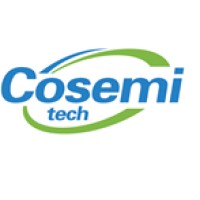
Cosemi Tech (Shanghai)
- Based: China
- Founded: 2014
- Funding to date: $23.3m
Cosemi Tech (Shanghai) is a China-based developer of semiconductors for sensing and control systems designed for European and US cars. The startup focuses on R&D and the production of integrated circuits, such as sensor integrated circuits and linear hall integrated circuits, which provide the automotive industry with programmable sensor and control system solutions.
Its speed sensor integrated circuit detects the magnetic field change of moving parts, such as gears that provide speed-related information for vehicle dynamic control system and anti-lock braking systems.
The company was founded in 2014 by chief executive Xiaoping Yin, who has hired a development team of nearly 100.
Since its launch, Cosemi Tech (Shanghai) has raised more than $23.2m in funding, with its last funding round occurring in 2022 when it raised $21.8m in a series C round. Venture capital firms Shanghai STVC Group and Bridge Capital participated in the round. Oriza Holdings, a China-based investment holdings company, provided financing through its Orzia Fund of Funds.
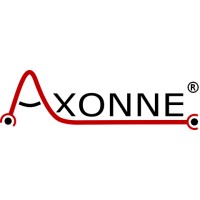
Axonne
- Based: US
- Founded: 2018
- Funding to date: N/A
Axonne is a US fabless startup focused on the development of next generation, high-speed network connectivity solutions for self-driving vehicles. It is considered one of the first companies to bring ethernet into the automotive market, helping to redefine the next generation of electrical and electronic vehicle architecture through multi-gigabit automotive ethernet solutions.
Its technology simplifies in-vehicle network solutions by providing expertise in high performance, mixed-signal and digital-signal processing algorithms. The startup’s solutions are aimed at high performance computing of time sensitive data, increased security and safety of autonomous cars.
Gani Jusuf, Axonne’s chief executive, launched the company in 2018. He has acquired extensive experience in the semiconductors field, serving as the director of engineering for three years at Marvell Semiconductor, a US-based semiconductor developer. He also worked for 14 years as Marvell’s vice president of engineering.
Axonne’s total funding is undisclosed. It received financing from Intel Capital, which invested in the startup in 2020 alongside 11 technology companies.



